Reconsidering the Catholic curriculum
October 2, 2014
As students at a Catholic school, we’re all used to taking religion classes. From Paschal Mystery to Morality to Christian Vocations, the theology department spans a wide range of topics. But for some students, these classes carry less weight than others. Everyone’s faith and spirituality is different, and that’s why we should give students who don’t consider themselves Catholic, or otherwise religious, the choice to opt out of taking theology classes.
28% of students at BSM are not Catholic, a significant minority. For some of these students it may be more beneficial to take other classes and explore other topics than it would be for them to take a class focused on the teachings of the Catholic Church. Not to say that those courses aren’t valuable, just that some might find greater opportunities for self-development and learning outside of the required theology classes.
By making religion classes optional students would be free to explore their passions more freely. They would be able to pursue courses they may have always wanted to take, but just did not have the time or space in their schedule to do it. Since the goal of any school is to help students discover their passions, this would be a great way to go about aiding that goal. We could all have the opportunity to take classes that interest us, while still offering religion classes to help those who are Catholic or otherwise religious develop their faiths.
For those at BSM to whom religion classes are important, nothing would change, only those who would gain from a freedom to choose would be affected.
— Andy Hudlow
Those students who identify as Catholic, Christian or spiritual would of course still be drawn to religion classes. They could still learn, discuss, and discover new things about faith and religion, but at their own will to do so. A system of optional enrollment in theology courses wouldn’t harm those classes or students. The only foreseeable change would be smaller class sizes.
But even that may be a benefit. By letting students who are not invested in theology occupy their schedule with other courses, it would change the composition of the classes so that those who take them are fully invested in the religious topics at hand, leading to more focused class time and perhaps more fruitful discussions. For those at BSM to whom religion classes are important, nothing would change, only those who would gain from a freedom to choose would be affected.
Optional religion classes would not be part of a movement secularize to BSM. BSM is a Catholic school and it should remain that way. Mass, school-wide prayers, and other religious themes should be welcomed and expected. What optional religion classes do, is make sure that every student has a chance to maximize the effectiveness and depth of their time at BSM.


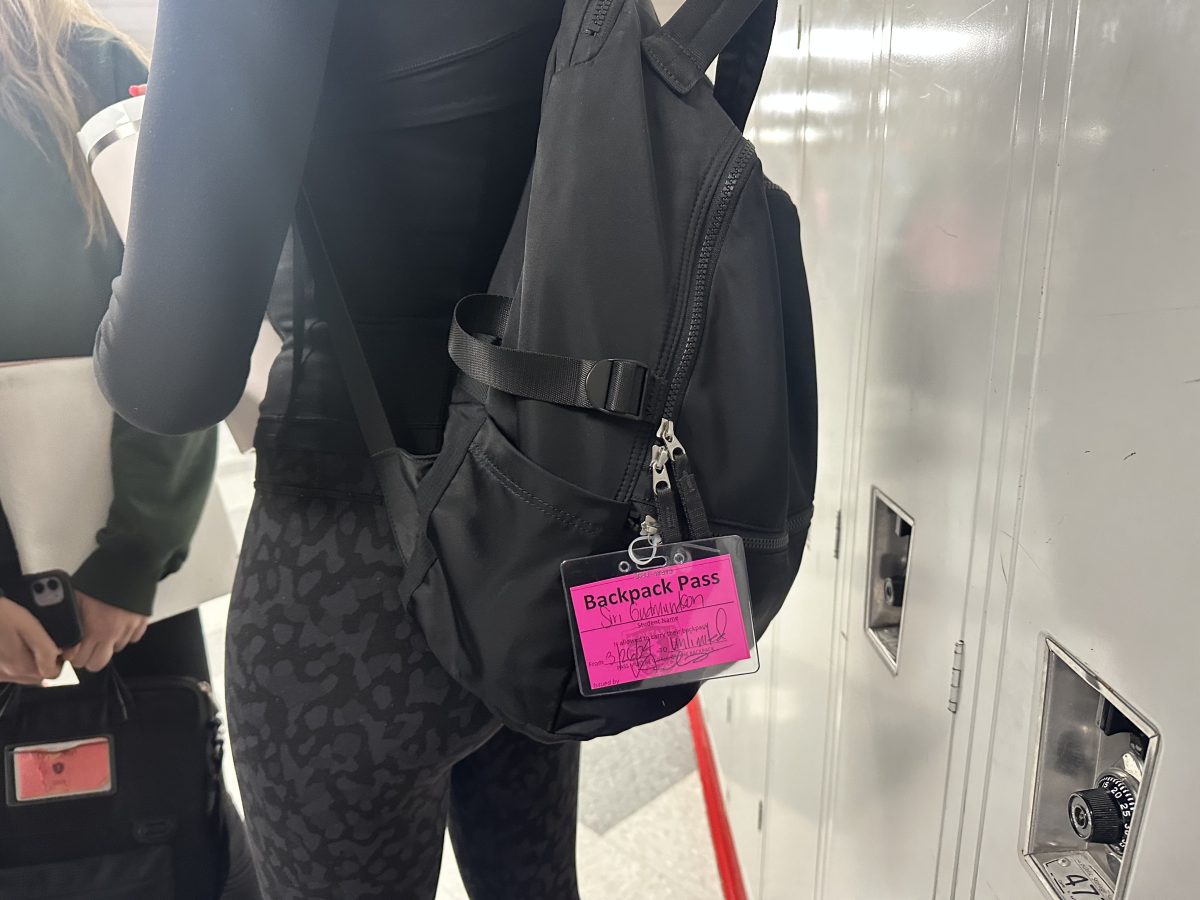
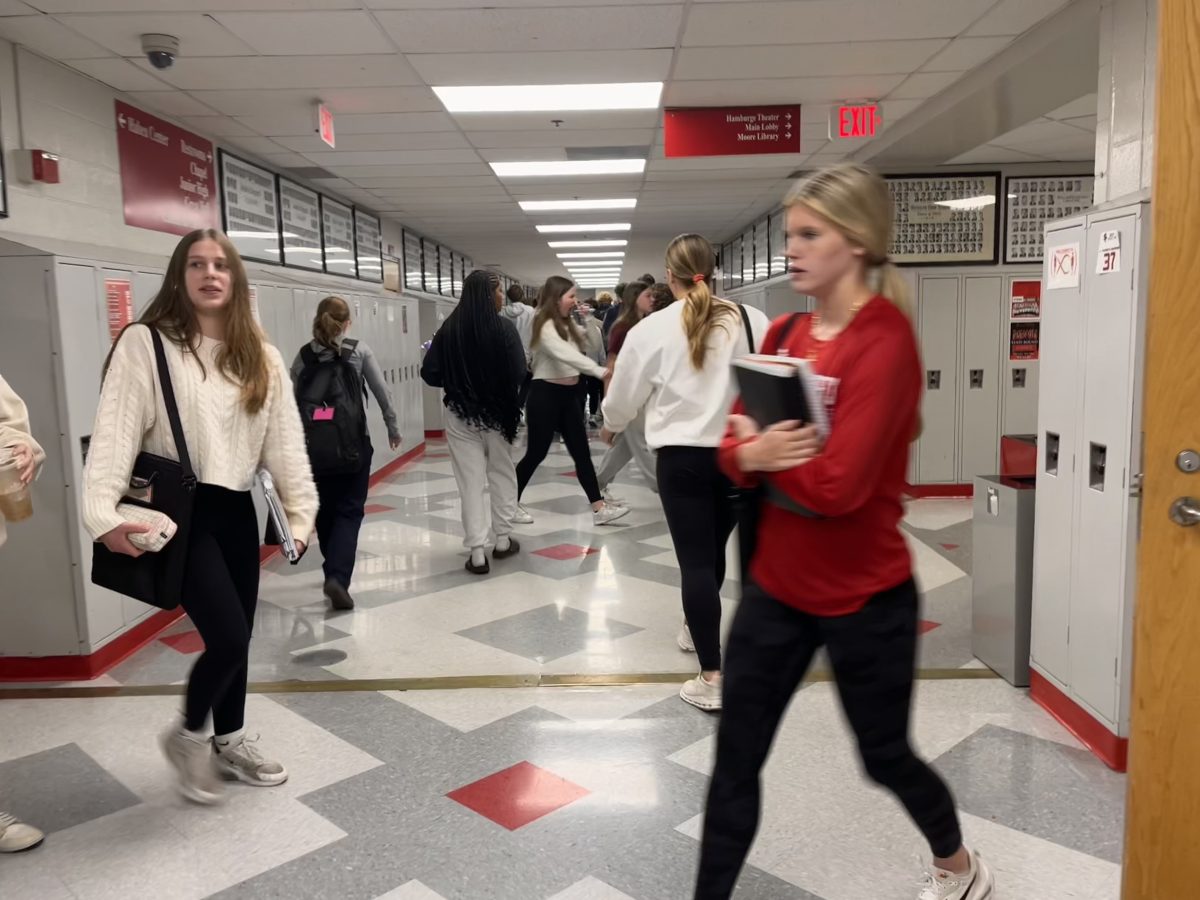
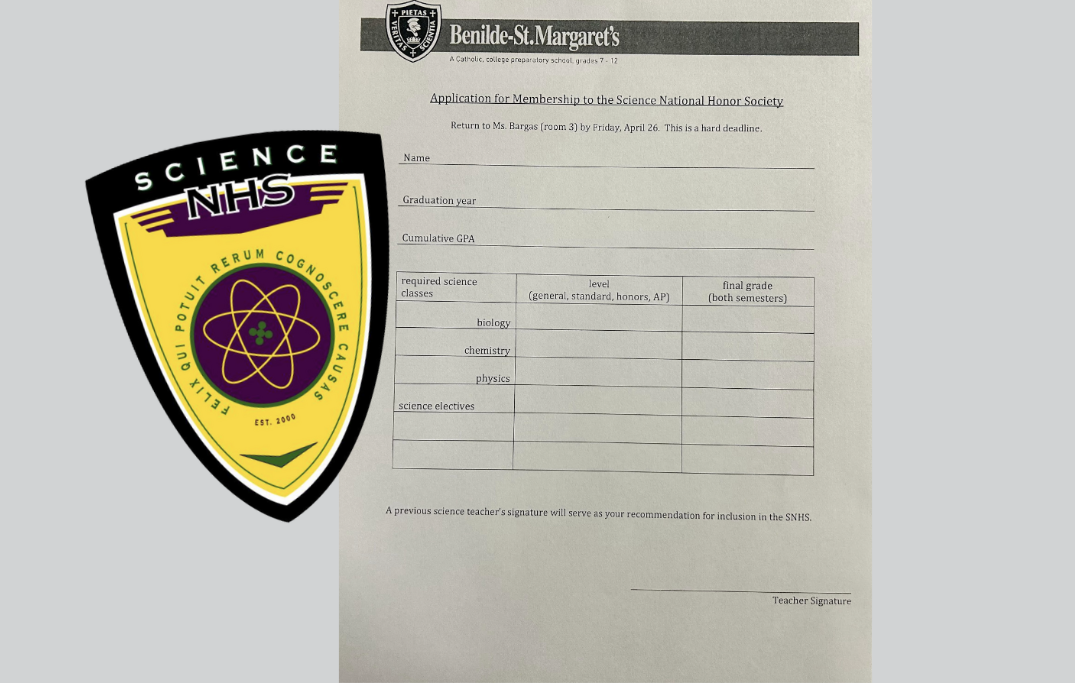
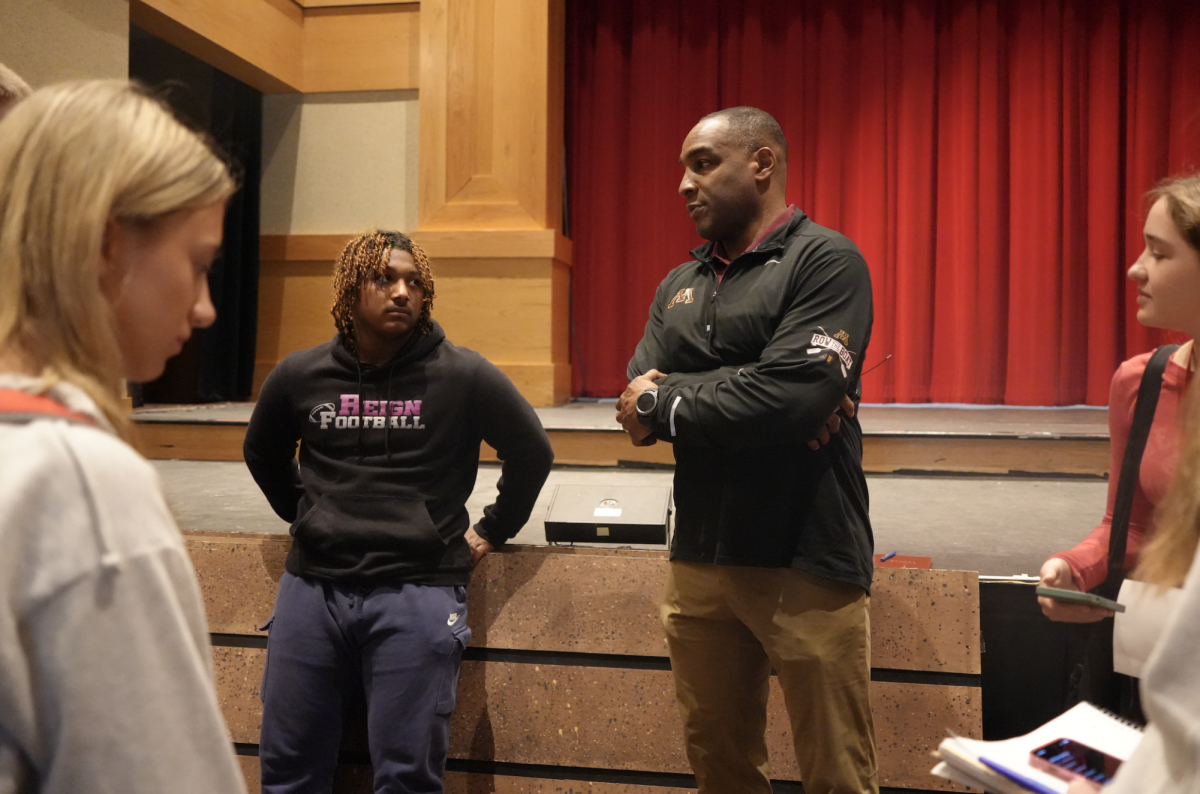



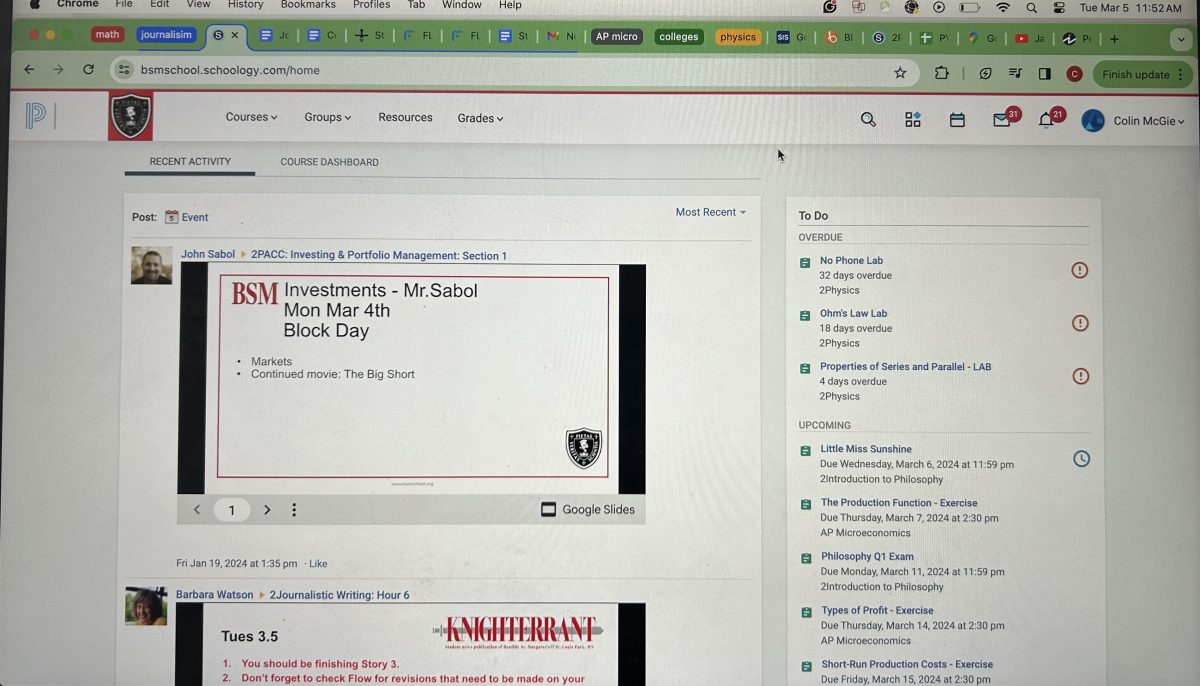




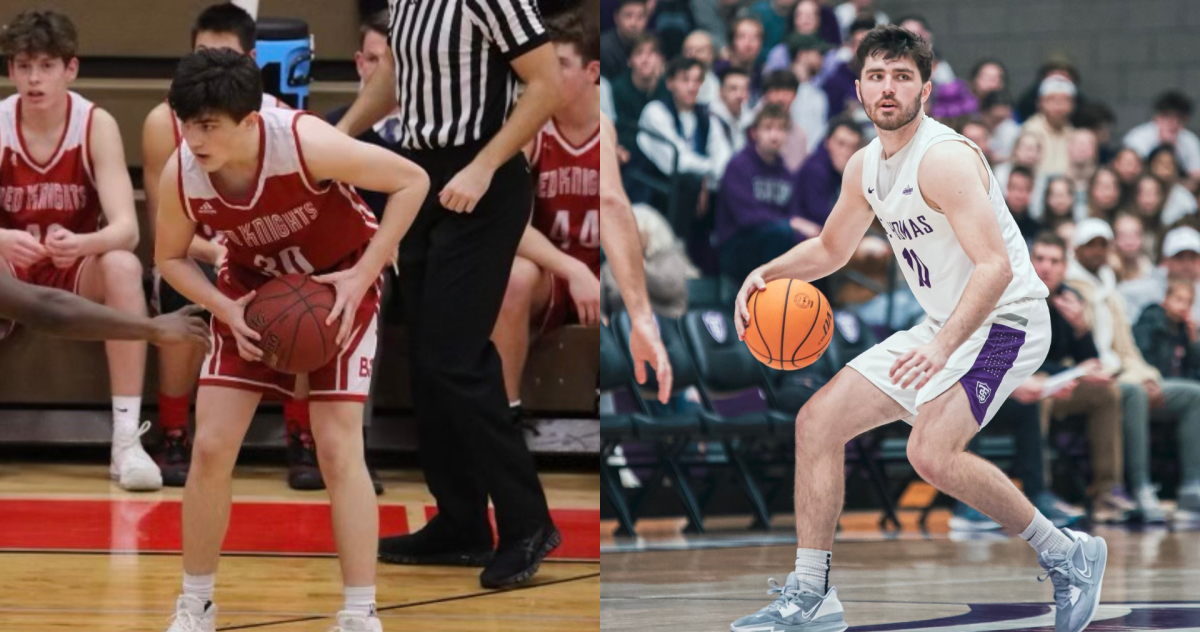
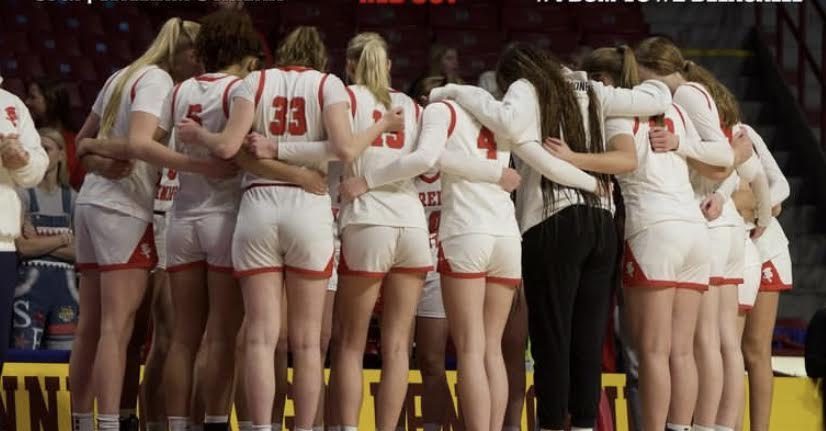




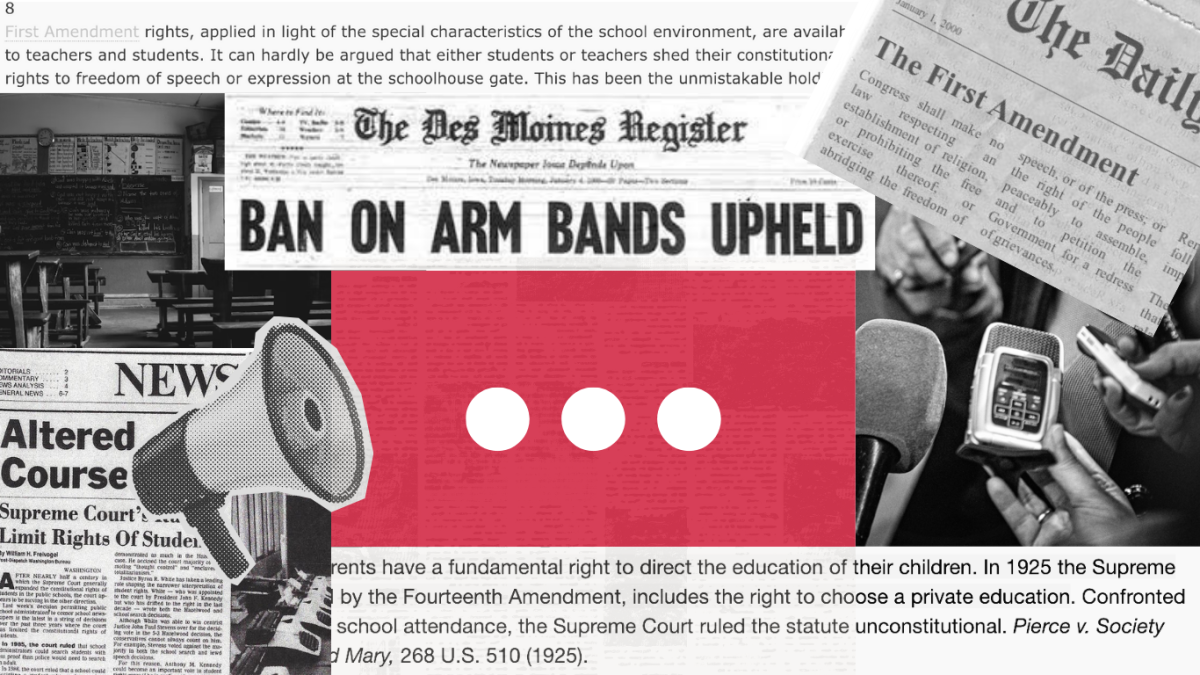
















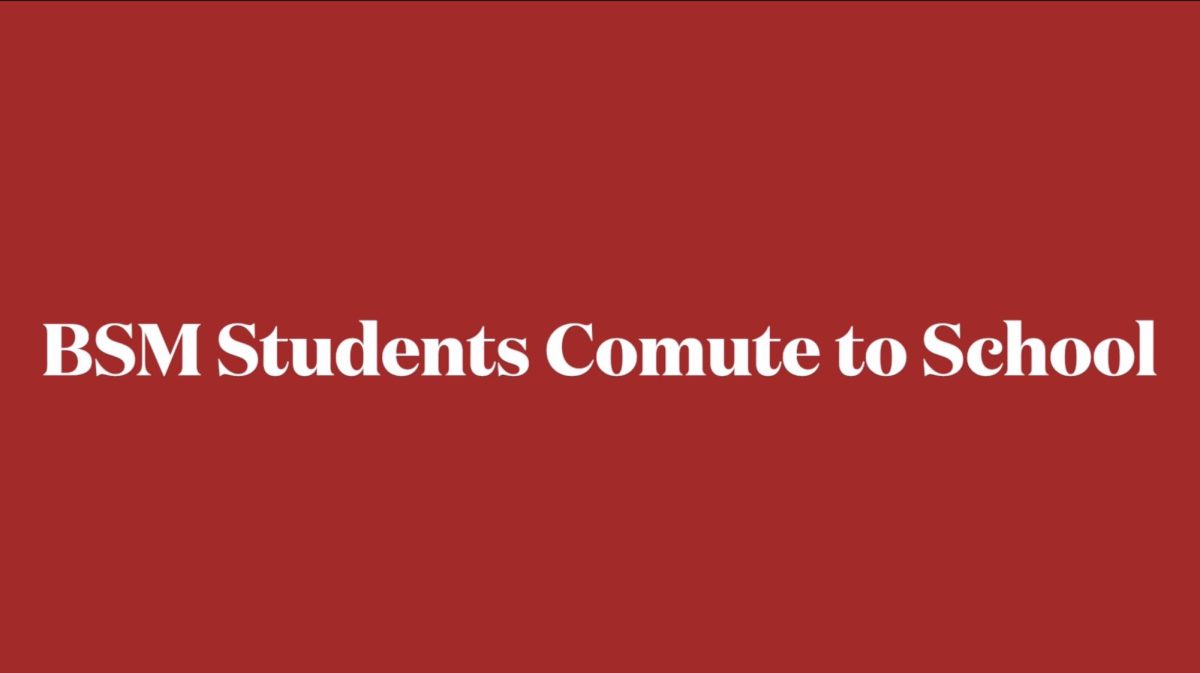





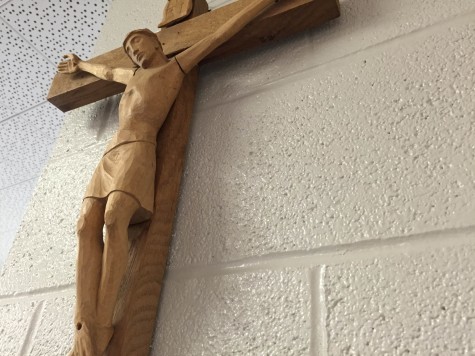
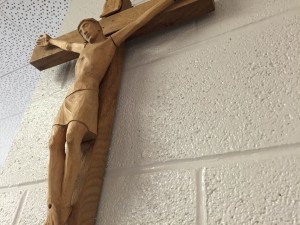










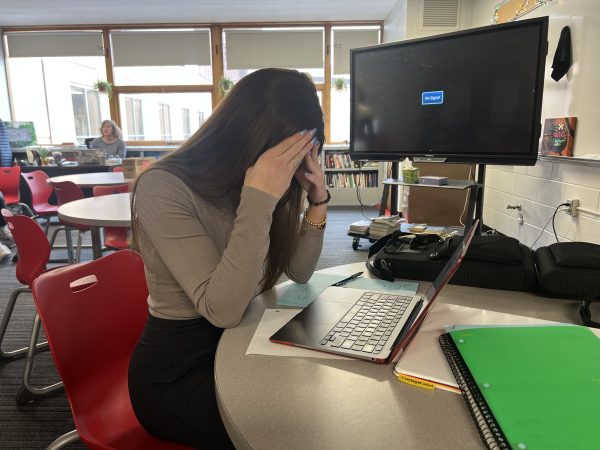


Hugo Lindsay • Oct 8, 2014 at 1:19 pm
For the record, I’m an agnostic-atheist. I don’t believe in God, and I disagree with almost all church teachings. I do feel, however, that students are aware that they attend a Catholic school, and know what they’re signing up for, so to speak. There are two things we should look at in analyzing this intriguing debate. Firstly, a Catholic school has a right to teach what it wants to teach–the First Amendment implies that proselytizing is a right. We can choose to transfer to a public school, but we can’t force our lack of beliefs upon an institution that is here solely to educate the Catholic children of the Greater Twin Cities. Secondly, saying that 28% of students identify as something other than Catholic is meaningless. Those 336 students could identify as Protestants, in which case a large portion of the teachings of the Catholic church apply. Additionally, they could identify as Christians without a specific denomination. Regardless, our lack of belief shouldn’t necessitate a secularization of this institution.
Jack Youngblut • Oct 7, 2014 at 10:08 pm
Hey Andy, long-time reader, first-time writer.
First off, I agree with you’re opinion. The religion classes at BSM are remarkably homogenized, really with the exception of the Service class—which is a farce—and Morality class. However, there are two huge pitfalls in the way of having a more dynamic and flexible religion curriculum. The first is that BSM is not entirely controlled by BSM but rather by the Arch Diocese. So even if you get the school’s teachers, administration, parents and students to sign on and support this idea, if the bishop says no, you’re out of luck. And let’s face it: he’s probably not in the mood to make any sort of changes that make him look inept or malleable right now.
The second issue is that of what do you teach instead. Some examples I would suggest would be a Philosophy class, and several classes that unbox the World Religions classes seniors have to take and spread them out across several years. Studying more than seven religions in a semester is nearly impossible—last year we just skipped Sikhism and Judaism second semester. And more context for different religions would give students a more realistic view of the world than sheltering them in the Catholic teachings they’ve been told since they would remember the ‘Our Father’. I cannot tell you how many times I heard some completely off-base synopsis of Judaism or Islam in high school. But again, this is fantasy because as much as the administration loves using the synagogue parking lot, I don’t think they’d tolerate a perceived opportunity for students to “defect.”
In response to Mr. Hawkins retort, “what if a kid doesn’t want religion, but the parents do? Who wins?” the answer is two-fold. Assuming this idea ever, in our wildest dreams happens, it’s a combination. I’m sure there are students whose parents wanted them to take Physics or AP Frustration but decided to be rebellious and take Ecology or Drawing. Whatever the current policy is regarding this issue, I’m sure that would probably be the course of action for the school.
That said, the initiative itself is likely to be blocked by Catholic parents who are concerned about their kids having different opinions than them, the same way there are parents that would rather see Catcher in the Rye burned than read. But the fact is that today’s schools don’t exist for the benefit of the parents or the elite. They exist for the society. So if the school is socially responsible—which their Social Justice class and PR department keeps telling me—than the decision for what classes to take rests in the student and his or her dreams and goals.
Anyway, its fun to hypothesize but at the end of the day we must confront the reality that this is the wishful thinking of a minority in a system which quite frankly has no incentive to represent them fully. But yeah. Advanced World Religions would be fantastic.
Mick Hawkins • Oct 4, 2014 at 12:47 pm
Interesting premise, Andy.
1) what if a kid doesn’t want religion, but the parents do? who wins?
2) would this move help or hurt recruitment of new students or retention of present students?
3) what about Advancement? what would their story (or sizzle) be?
4) fewer kids in religion mean more kids in other classes. would that lead to lay-offs in religion department?
Lots of questions; great discussion starter.
M. Hawkins